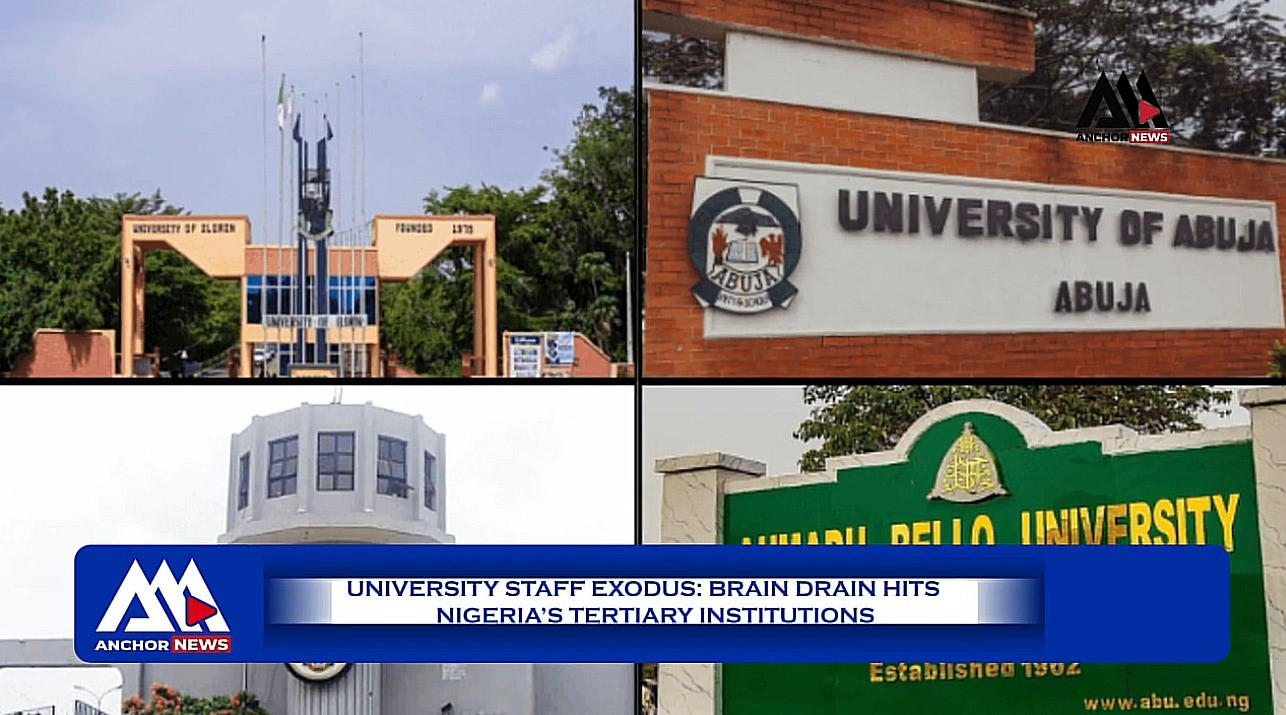
The Nigerian Communications Commission (NCC), Federal Government and telecom operators have renewed calls for urgent collaboration to bridge the widening skill gaps in the nation’s telecoms sector. The call was made on Tuesday at the Stakeholders’ Consultative Forum on Skill Gaps in the Telecoms Value Chain, held in Lagos, where experts warned that a shortage of indigenous talent threatens future growth and competitiveness.
Speaking at the forum, NCC’s Executive Vice-Chairman, Dr Aminu Maida—represented by Mr. Edoyemi Ogoh, Director of Technical Standards and Network Integrity—said the shortage of skilled local professionals has become one of the most pressing challenges since the liberalisation of the sector in 2001.
He noted that while the industry has created over 500,000 jobs and driven economic growth, “studies, including the 2024 ITU assessment, reveal that while employers require about 30 per cent of advanced digital skills, only 11 per cent of employed workers currently possess them.”
Maida highlighted roles in high demand, including desktop support technicians, data analysts, ICT engineers, software developers and data scientists, adding that 27 per cent of these positions remain difficult to fill. Demand, he warned, is projected to rise by nearly 29 per cent within five years.
He attributed the gaps to poor remuneration, overreliance on expatriates, a mismatch between education and industry needs, and the growing migration of skilled Nigerians abroad.
On interventions, Maida cited several government initiatives: the 3 Million Technical Talent (3MTT) programme, the National Artificial Intelligence Strategy (NAIS) and the National Digital Literacy Framework (NDLF). He also noted NCC’s own projects, such as the Digital Learning Initiative (DLI), Campus Innovation Entrepreneurship Programme (CIEP) and the Digital Awareness Programme (DAP), the latter recently winning the 2025 World Summit on Information Society Award.
Private operators, he added, are also making contributions: Airtel Africa has pledged to train 25,000 youths and supports UNICEF’s digital learning platforms in over 1,200 schools, while the MTN Foundation continues to fund STEM scholarships. Industry associations like ATCON and firms such as IHS are also investing in training hubs and incubation centres.
In his remarks, the Chairman of the Association of Licensed Telecom Operators of Nigeria (ALTON), Mr. Gbenga Adebayo, warned that the sector’s greatest weakness lies in the shortage of mid-level workers such as technicians, riggers and engineers.
“These so-called small skills are critical. In four years, I lost 12 skilled technicians in my company to Canada, Germany, the US and the UK,” he said.
Adebayo urged the Federal Government to establish a Nigerian Telecom Academy offering one-year and three-year certifications, modelled after the Petroleum Training Institute in Warri. He also called on the Digital Bridge Institute (DBI) to prioritise practical training while operators provide scholarships, certifications and career pathways.
“Countries with the strongest industries not only train but also retain their workforce. We must create pathways for skilled Nigerians abroad to contribute back home, even as consultants,” he said.












